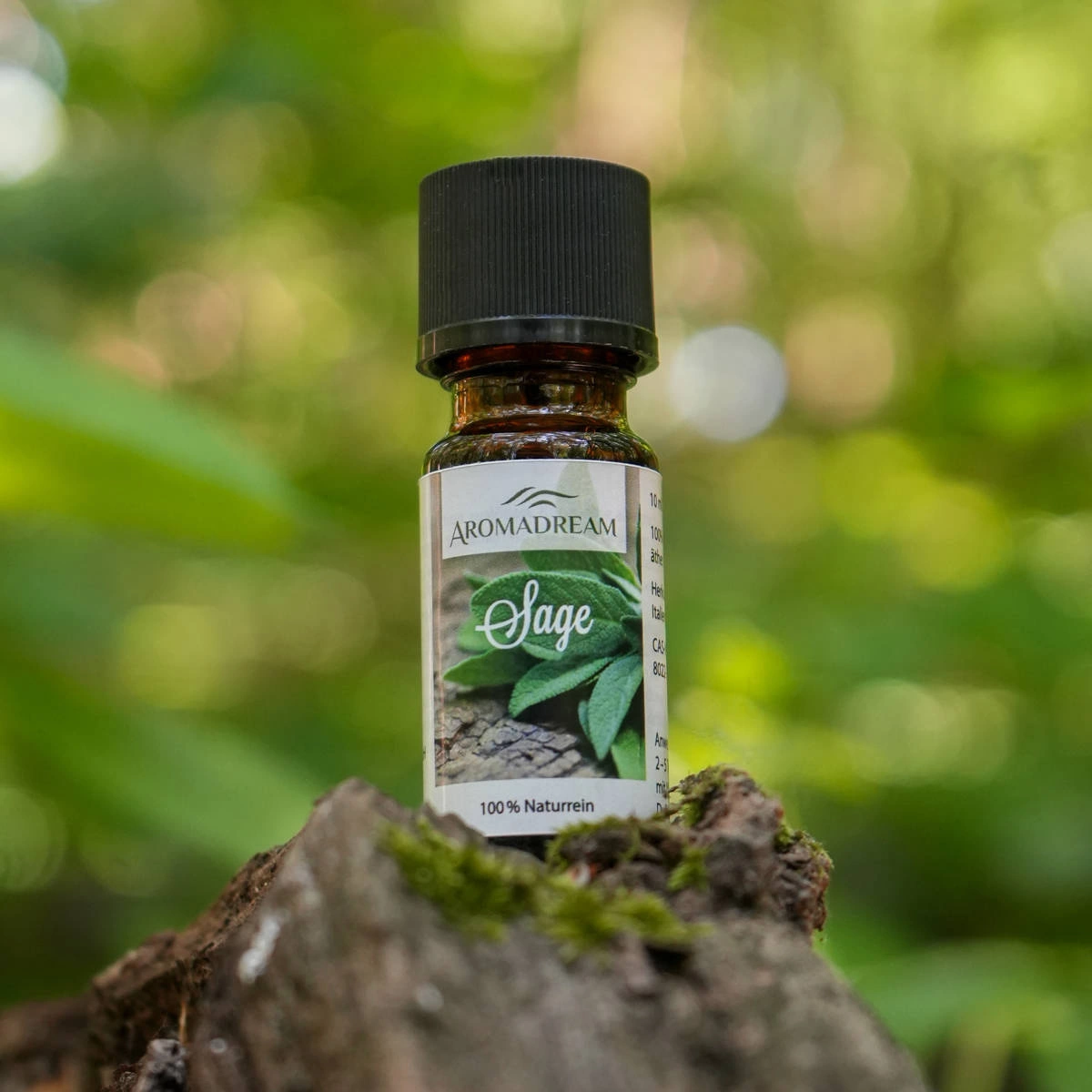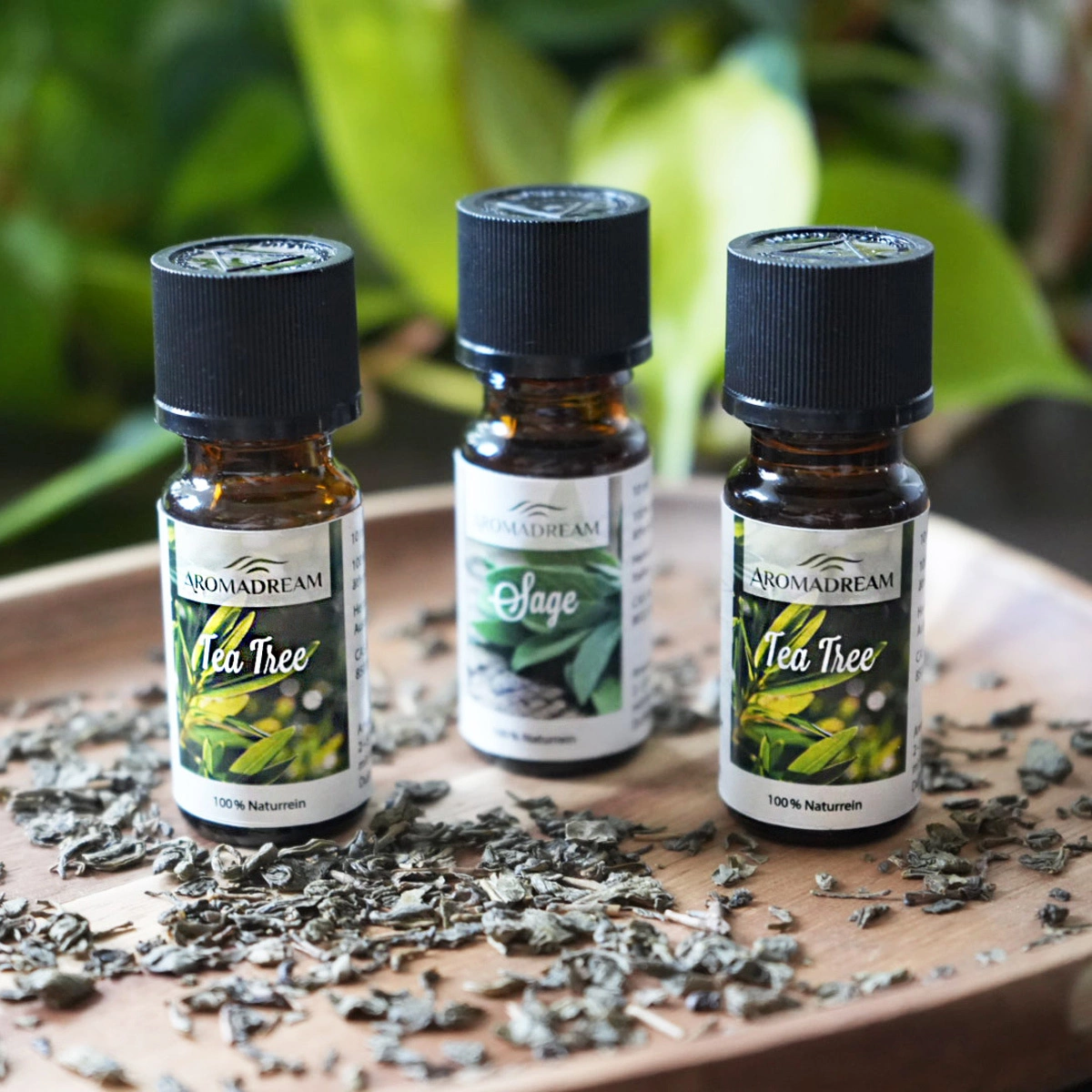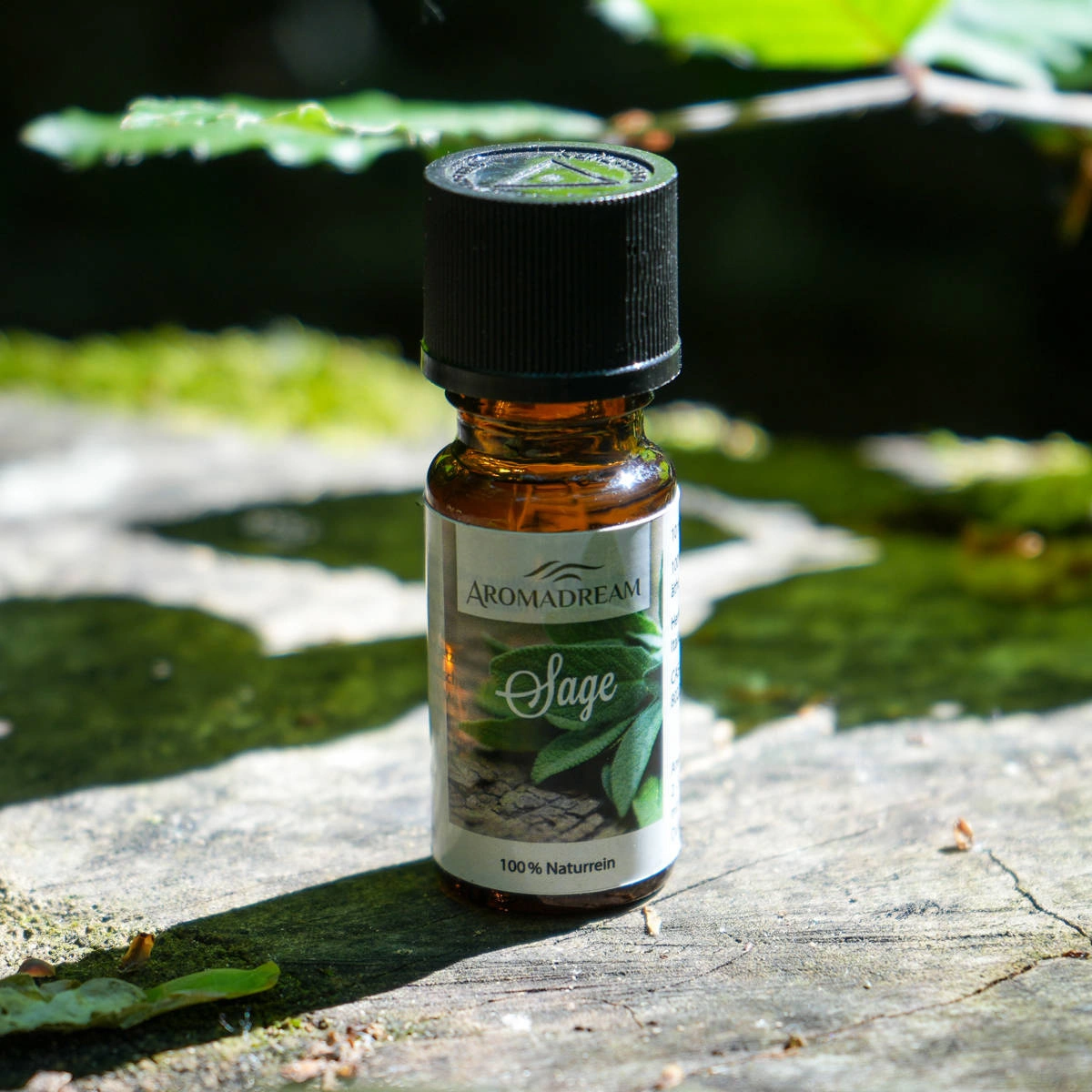Essential oils in the bath: benefits, properties and uses

Essential oils have been used for centuries in a variety of medical and skin care traditions. Their remarkable therapeutic, aromatic and care properties make them a popular component of relaxation and therapeutic baths. In this article at Candle World, we take a closer look at the benefits of using essential oils in the bath, how to use them, and the best practices to help you realize their full potential.
What are essential oils?
Essential oils are concentrated plant extracts that contain volatile aromatic compounds. They are extracted by distillation, pressing or solvent extraction from various parts of plants, such as leaves, flowers, roots, bark or fruits. Each essential oil has a unique chemical composition that determines its fragrance and therapeutic properties.
Benefits of using essential oils in the bath
1. Relaxation and stress reduction
One of the main reasons why people turn to essential oils in the bath is their their ability to relax and reduce stress. Oils such as lavender, ylang-ylang, lemon balm and rose have calming properties that help relax the mind and body after a hard day. Inhaling their aromas while bathing can lower cortisol (stress hormone) levels and promote feelings of calmness.
2. Improving sleep quality
Essential oils can also help improve sleep quality. Lavender, chamomile and clary sage are known for their sleep-inducing properties. Adding them to your evening bath can prepare your body for a deep and restorative sleep.
3. Supporting skin health
Essential oils also have many benefits for the skin. Tea tree oil has antibacterial and antifungal properties that can help treat acne and other skin problems. Chamomile oil soothes irritation and inflammation, and geranium oil can help maintain the skin's hormonal balance.
4. Relieve muscle and joint pain
For those dealing with muscle and joint pain, baths with essential oils can provide relief. Eucalyptus, rosemary and peppermint oils have anti-inflammatory and analgesic properties that help relieve pain and reduce muscle tension.
5. Respiratory support
Bath steam inhalation with essential oils can support respiratory health. Eucalyptus, peppermint and thyme oils are particularly helpful in relieving cold, cough and blocked nose symptoms.

How to use essential oils in the bath?
1. Choosing the right oils
The key is to choose the right essential oils for your needs. You can choose one oil or create a blend of several to get the desired effects. Remember to always use high-quality essential oils from reputable manufacturers. We recommend essential oils from a premium German brand Aroma Dream.
2. Safe dosing
Essential oils are very concentrated, so use them in the right amounts. Usually a few drops (5-10 drops) per bath filled with warm water is enough. Too much oil can irritate the skin or cause an allergic reaction.
3. Emulsification of oils
Essential oils do not dissolve in water, so it is important to mix them with an emulsifier before adding them to the bath to help distribute them evenly. You can use milk, honey, sea salt, olive oil or a special bath emulsifier. For example, mix 5-10 drops of essential oil with a cup of milk or a tablespoon of honey, then add to water.
4. Water temperature
The ideal bath temperature with essential oils is about 37-39°C. Water that is too hot can cause the oils to evaporate faster, which will reduce their effectiveness and can irritate the skin.
5. Bath time
The recommended bath time with essential oils is 15 to 30 minutes. This is long enough for the oils to work on the skin and nervous system, while not causing excessive dryness of the skin.
Popular essential oils and their properties
- Lavender oil - Lavender is one of the most versatile essential oils. It has relaxing, calming and stress-relieving properties. Perfect for evening baths, helping to calm you down and improve the quality of your sleep.
- Eucalyptus oil - Eucalyptus oil has strong antiseptic, anti-inflammatory and refreshing properties. It is particularly helpful in relieving symptoms of cold, cough and blocked nose. Adding a few drops to a bath can help open the airways and improve breathing.
- Tea tree oil - Tea tree oil has antibacterial, antifungal and antiviral properties. It is ideal for bathing people with skin problems such as acne, eczema or fungal infections.
- Rose oil - Rose oil is prized for its moisturizing, regenerating and soothing properties. It is ideal for dry, sensitive and mature skin. Its delicate floral fragrance also has a soothing effect on the senses, helping to reduce stress and improve mood.
- Peppermint oil - Peppermint oil has a cooling, refreshing and analgesic effect. It is ideal for bathing after intense exercise, helping to relieve muscle and joint pain. It can also help relieve headaches and migraines.
- Rosemary oil - Rosemary oil is known for its stimulating and invigorating properties. Can help improve circulation, relieve muscle and joint pain, and increase concentration. It is ideal for morning baths to stimulate the body and mind.


How to create the perfect bath with essential oils?
1. Relaxation bath
For a relaxing bath to help reduce stress and improve the quality of sleep, create a mixture of 5 drops of lavender oil, 3 drops of rose oil and 2 drops of chamomile oil. Add the mixture to a cup of milk or a tablespoon of honey, then pour it into a tub of warm water.
2. Regeneration bath
After a hard day or intense workout, try a restorative bath with 4 drops of eucalyptus oil, 3 drops of rosemary oil and 3 drops of peppermint oil. Mix the oils with a cup of sea salt and add to the water.
3. Detoxifying bath
To cleanse the body and mind, create a detoxifying bath with 4 drops of tea tree oil, 4 drops of lemon oil and 2 drops of geranium oil. Mix the oils with a tablespoon of olive oil and add to the tub.
4. Bathing to improve your mood
If you need to boost your mood and energy, try a bath with 5 drops of bergamot oil, 3 drops of ylang-ylang oil and 2 drops of grapefruit oil. Mix oils with a cup of coconut milk and add to warm water.
Safety and precautions in using essential oils in the bath
Although essential oils have many benefits, it is important to use them with caution and follow certain safety rules:
- Skin testing: Before using a new essential oil, always conduct a skin test to ensure that it does not cause an allergic reaction. Apply diluted oil to a small area of skin and observe for 24 hours.
- Avoiding eye contact: Essential oils are very strong and can irritate the eyes. Make sure they do not get into the eyes or on mucous membranes.
- Do not apply to damaged skin: Avoid using essential oils on open wounds, irritated or damaged skin.
- Pregnancy and Children: Some essential oils can be dangerous for pregnant women and young children. Consult your doctor before use.
- Storage: Essential oils should be stored in dark, tightly sealed bottles, away from sunlight and high temperatures.
Essential oils in the bath is a great way to incorporate natural therapy into your daily skincare routine. Thanks to their unique therapeutic properties, they can provide stress relief, improve sleep quality, support skin and respiratory health, and relieve muscle and joint pain. Remember to dose properly, emulsify the oils and follow safety precautions to fully enjoy the benefits of their use.
Whether you need relaxation, regeneration or detoxification, properly selected essential oils can transform an ordinary bath into a real therapy for body and spirit. Take care of yourself and discover the magic of essential oils in the bath, enjoying their benefits every day.
Recommended

Essential oil 15 ml cashmere lilac flower Woodbridge - Cashmere Lilac

Woodbridge essential oil 15 ml - Wild Honeysuckle Freesia

Woodbridge essential oil 15 ml - Tea Tree

Essential oil 15 ml Woodbridge - Tropical Temptation

Eucalyptus essential oil natural Aroma Dream 10 ml - Eucalyptus




























